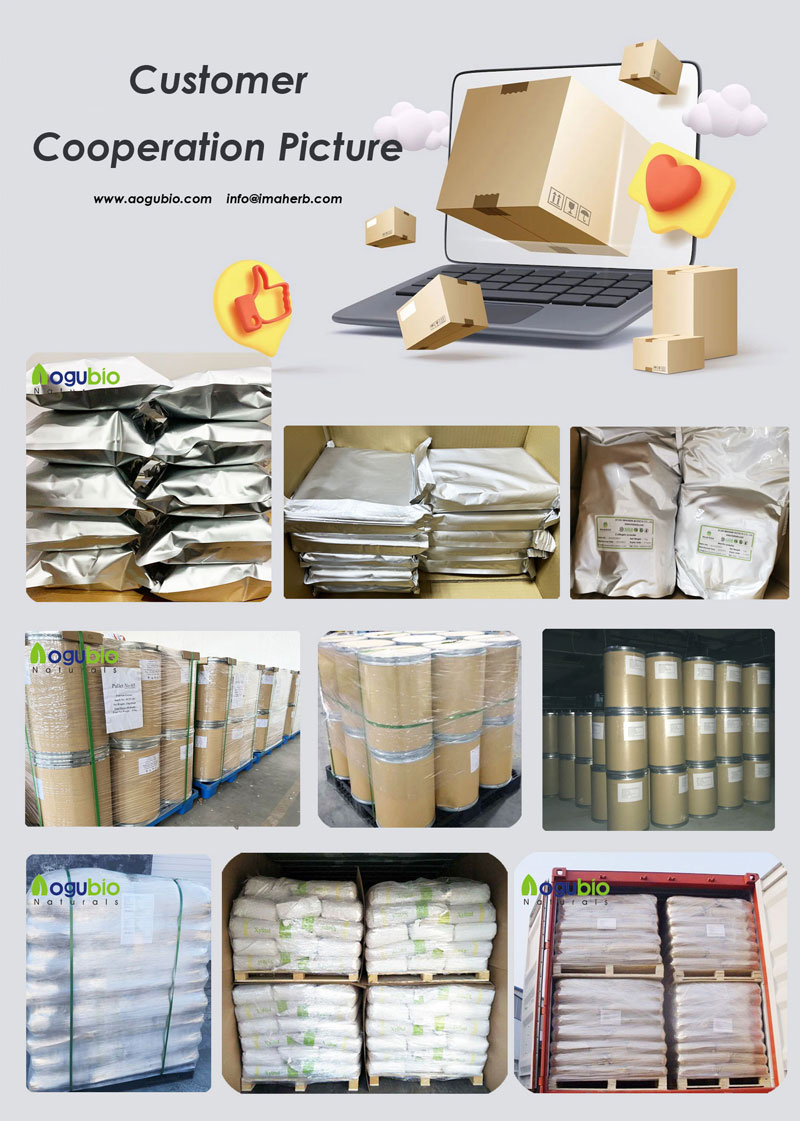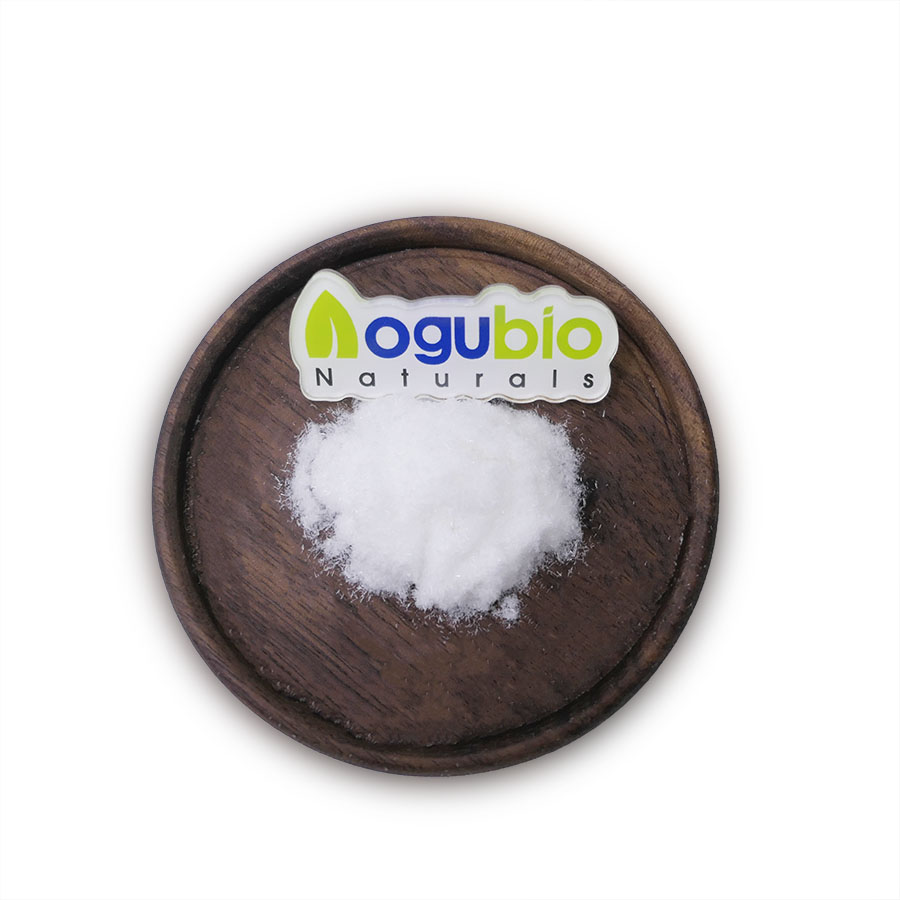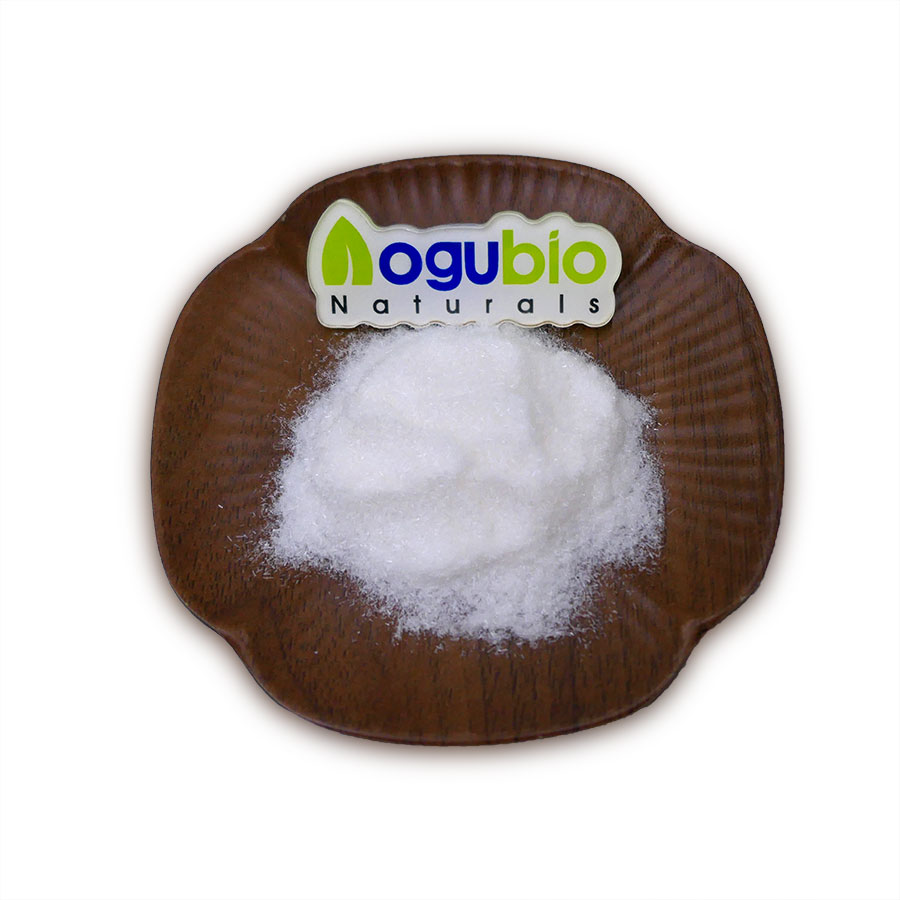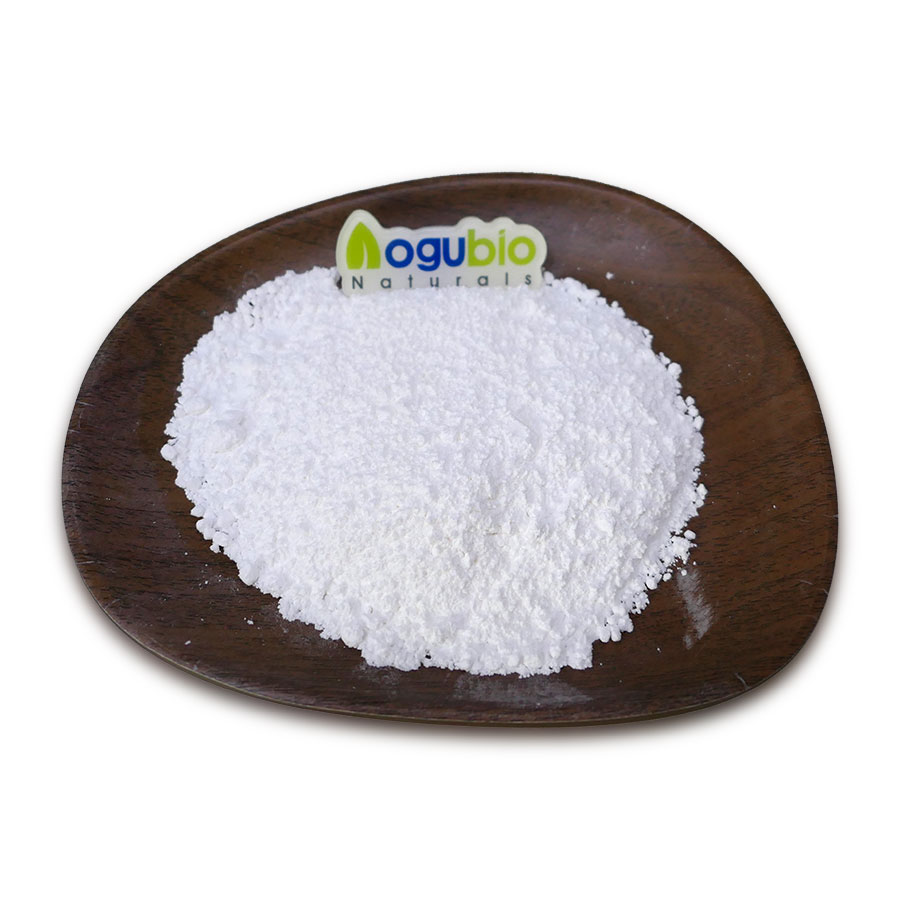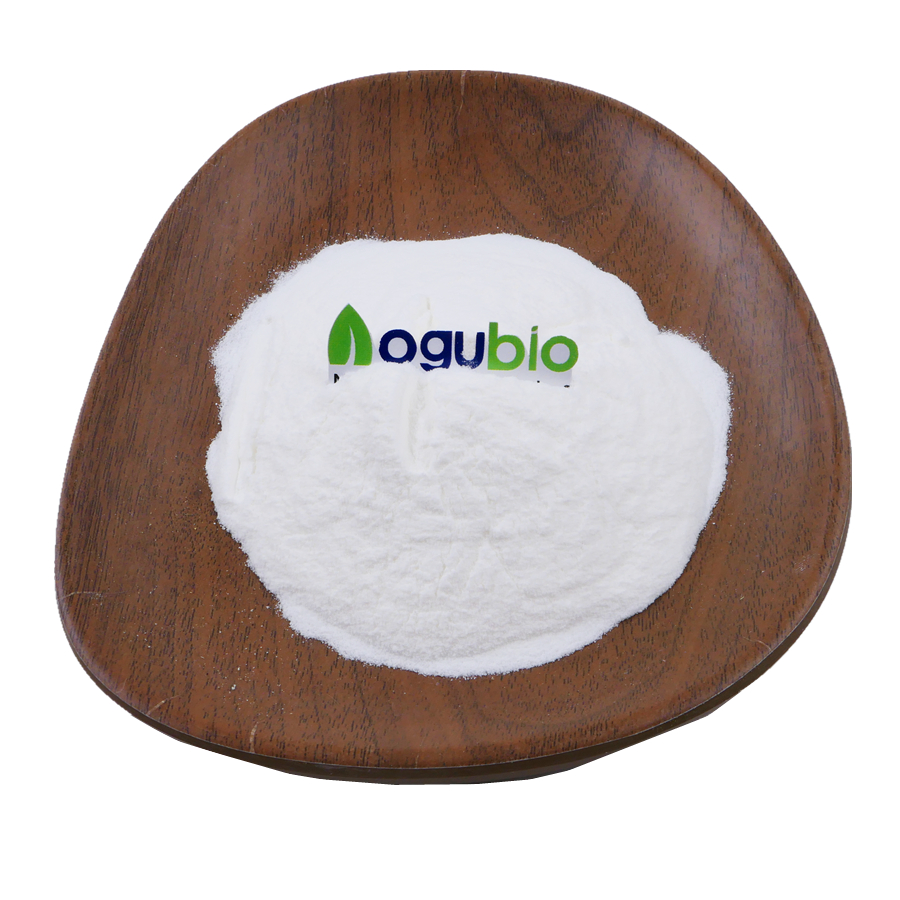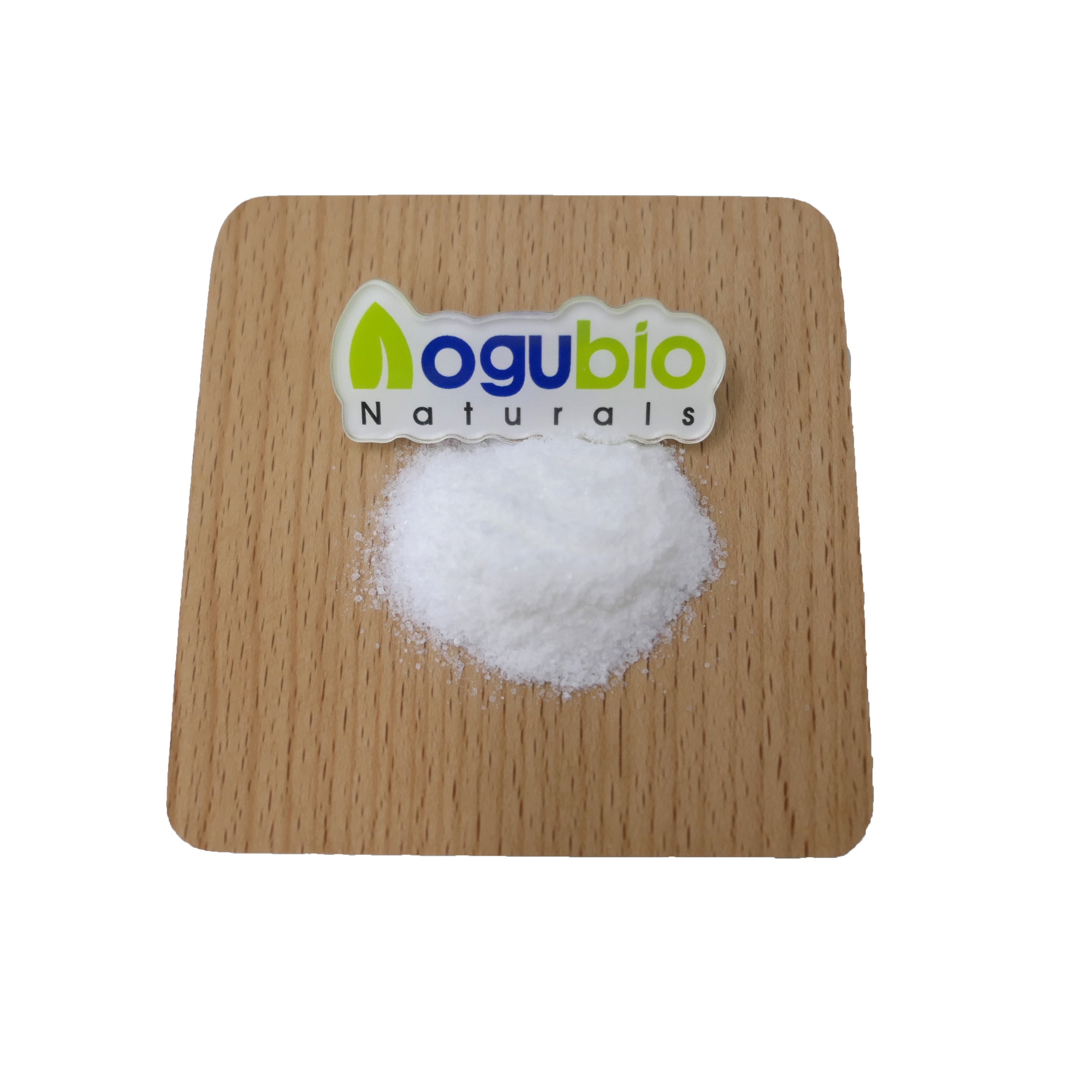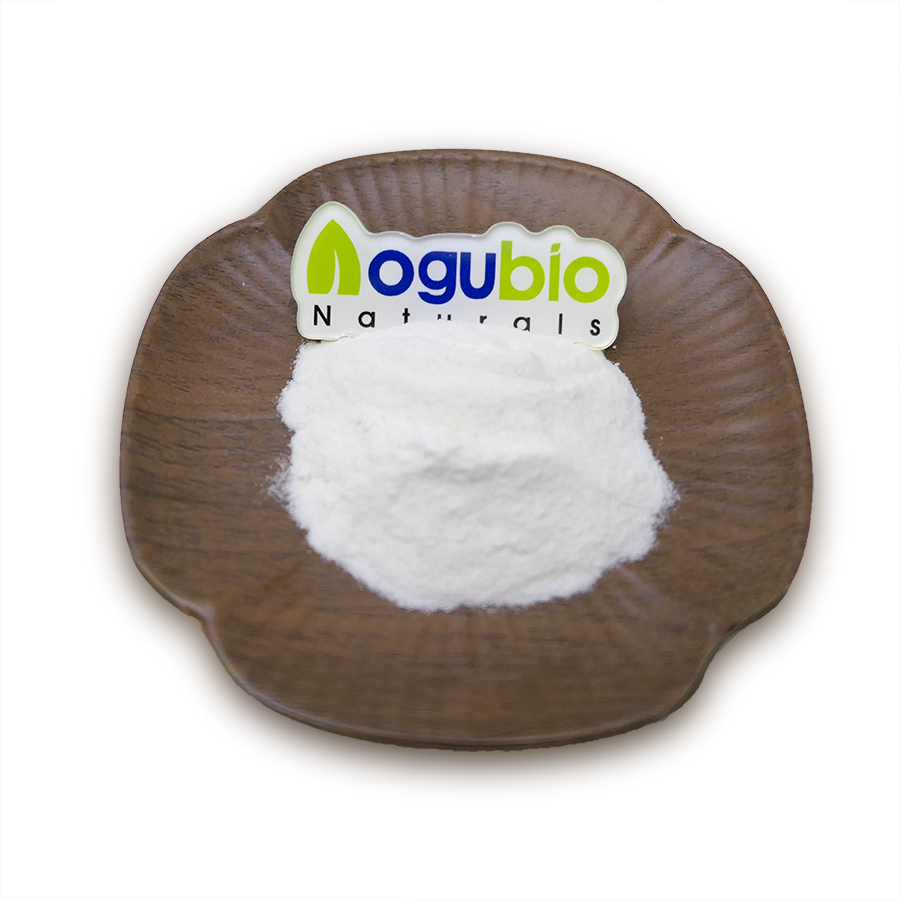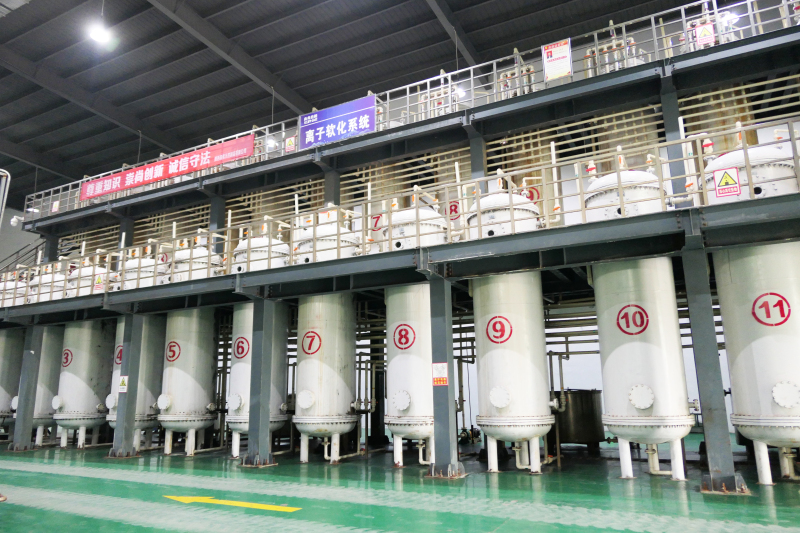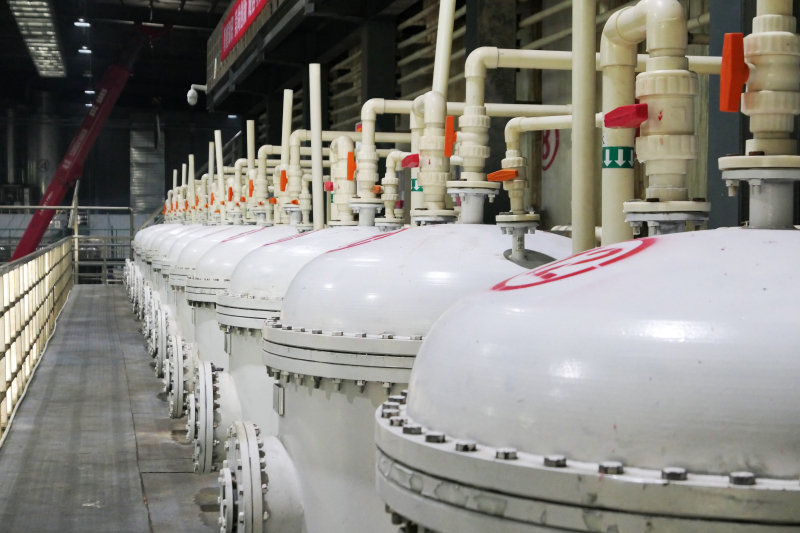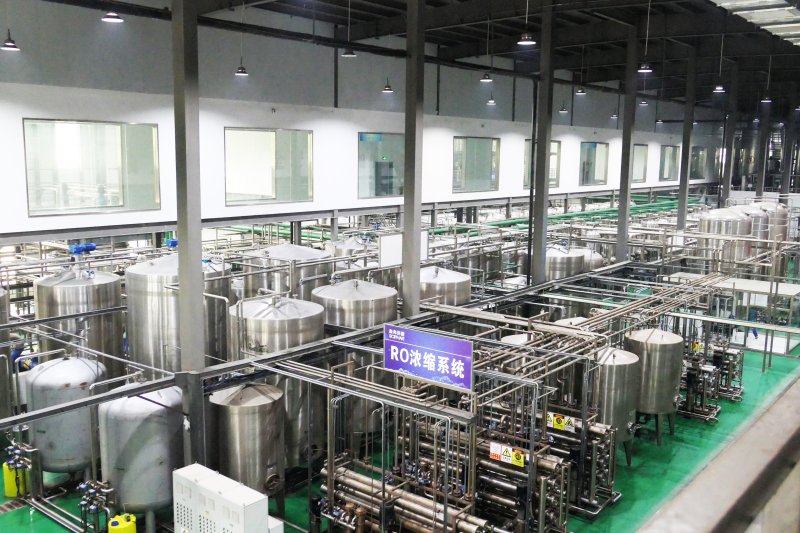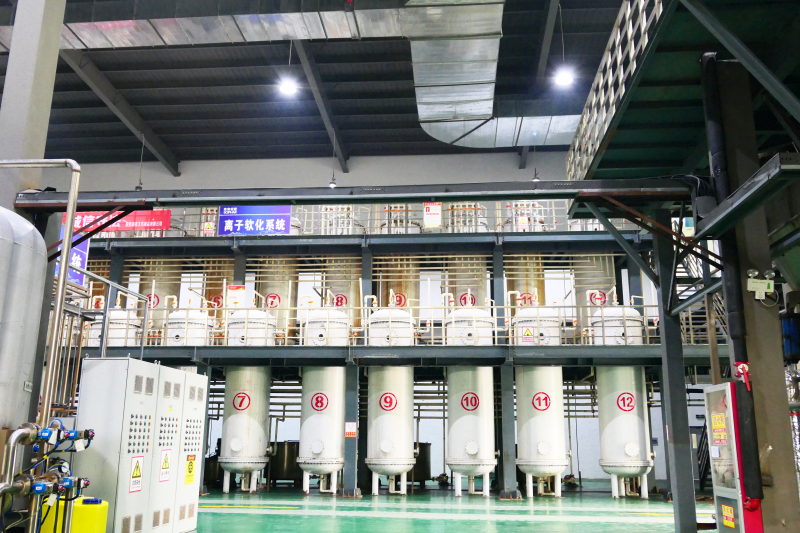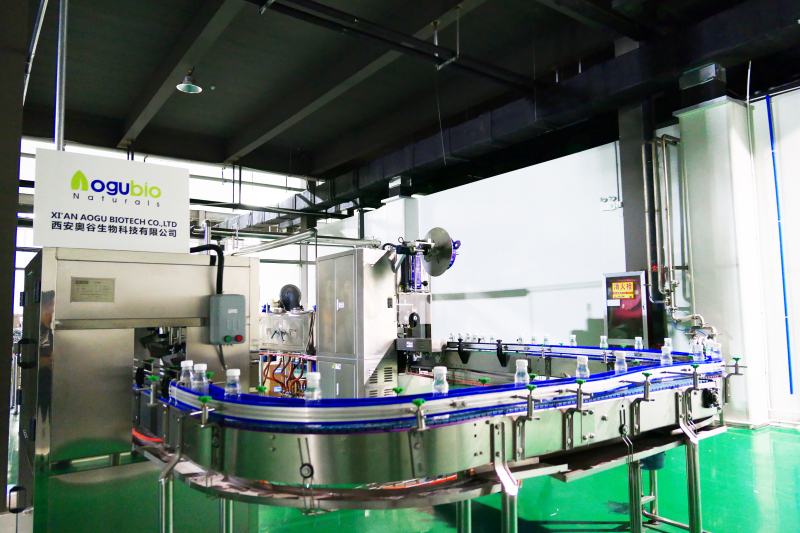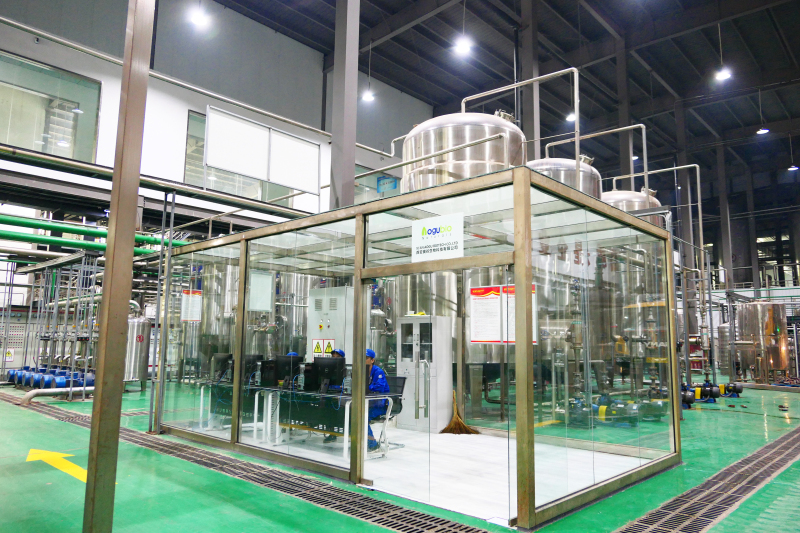High Quality Amino Acid Powder L-leucine
Product Description
Leucine is an essential amino acid that is used in the biosynthesis of proteins. Leucine is an α-amino acid, meaning it contains an α-amino group (which is in the protonated −NH3+ form under biological conditions), an α-carboxylic acid group (which is in the deprotonated −COO− form under biological conditions), and a side chain isobutyl group, making it a non-polar aliphatic amino acid. It is essential in humans, meaning the body cannot synthesize it: it must be obtained from the diet. Human dietary sources are foods that contain protein, such as meats, dairy products, soy products, and beans and other legumes. It is encoded by the codons UUA, UUG, CUU, CUC, CUA, and CUG.
BASIC ANALYSIS
|
Analysis |
Description |
Test Method |
|
Assay (dry basis) |
99.0~101.0% |
HPLC |
|
Loss on drying |
Not More Than 0.20% |
Dryer |
|
Residue on ignition |
Not More Than 0.10% |
Ph. Eur. |
|
Related substances |
Not More Than 0.5% |
Ph. Eur. |
|
Endotoxin* |
Less Than 6.0 EU/g |
Ph. Eur. |
|
State of solution(Transmittance) |
Not Less Than 98.0% |
Ph. Eur. |
|
PH |
5.5~6.5 |
Ph. Eur. |
|
Specific rotation[α]20D |
+14.9~+16.0° |
Ph. Eur. |
|
Specific rotation[α]25D |
+14.9~+17.3° |
Ph. Eur. |
|
Ammonium (NH4) |
Not More Than 0.020% |
Ph. Eur. |
|
Chloride (Cl) |
Not More Than 0.020% |
Ph. Eur. |
|
Sulfate (SO4) |
Not More Than 0.020% |
Ph. Eur. |
|
Iron (Fe) |
Not More Than 10 ppm |
ICP-MS/AOAC 993.14 |
|
Arsenic (As) |
< 1 ppm |
ICP-MS/AOAC 993.14 |
|
Cadmium (Cd) |
< 2 ppm |
ICP-MS/AOAC 993.14 |
|
Heavy metals (Pb) |
Not More Than 10 ppm |
ICP-MS/AOAC 993.14 |
|
Mercury (Hg) |
< 0.5 ppm |
ICP-MS/AOAC 993.14 |
Microbial Analysis
| Total Plate Count | < 3,000 cfu/g | AOAC 990.12 |
| Total Yeast & Mold | < 300 cfu/g | AOAC 997.02 |
| E. Coli | < 10 cfu/g | AOAC 991.14 |
| Coliforms | < 10 cfu/g | AOAC 991.14 |
| Salmonella | Negative | ELFA-AOAC |
| Staphylococcus | < 10 cfu/g | AOAC 2003.07 |
Function
Leucine is an essential amino acid for protein synthesis. Additionally, similarly to other amino acids, the carbon skeleton of leucine can be used to generate ATP. However, leucine can also regulate several cellular processes such as protein synthesis, tissue regeneration, and metabolism.


